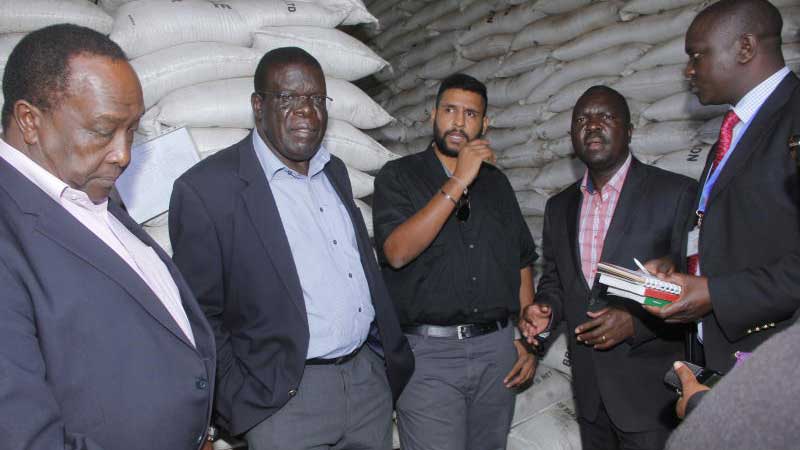×
The Standard e-Paper
Join Thousands Daily

MPs have launched inspections in Nakuru, Mombasa and Bungoma to unearth the truth about the controversial sugar importation.
During the inspection in Nakuru yesterday, the National Assembly Joint Committee for Agriculture and Trade found that companies registered to conduct other types of businesses unrelated to sugar were allowed to import the product, paving way for unsafe supplies to gain access to the market.